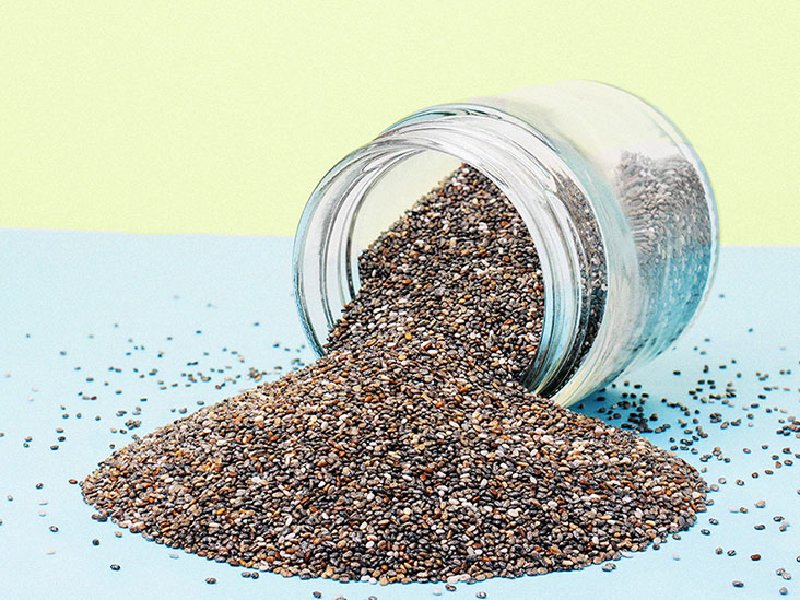Chia Seeds Are Lying to You
Boasting ~5g of α-linolenic acid (ALA) Omega-3s per ounce¹, your heart must be happy! …Right?
The answer may not be as clear-cut as influencers, marketers, and health food companies lead you to believe.
ALA, DHA, and EPA oh-my!
For our purposes, Omega-3s are a group of polyunsaturated fats categorized further into α-linolenic acid, docosahexaenoic acid (DHA), and eicosapentaenoic acid (EPA) with ALA being the most abundant in plants and DHA & EPA being found primarily in animal sources (and algae).
ALA is likely the most common in your diet, with EPA being mostly found in animal products like oily fish and fish oils, and DHA being the most important to your body- as a key structural component to parts of your eye and brain.
Vegetarians and Vegans are often lacking in DHA and should consider taking vegan-friendly supplementation (often from microalgae) to avoid adverse health effects.
Why Chia Seeds Are Lying to You
ALA Omega-3s are primarily used as energy by our bodies and are not an active form of Omega-3s. EPA and DHA Omega-3s, on the other hand, are active forms- thus requiring our bodies to convert ALA to EPA and DHA. EPA also can get converted to DHA in our bodies in the event it needs to be. The difficulty with making claims on ALA Omega-3’s benefits to our health as equal to greater than the other, arguably more valuable Omega-3s (EPA & DHA) is that its conversion rate to EPA (0-7% in males in 0-21% in females) and DHA (0-5%) is quite low.²³⁴⁵
Does this mean ALA Omega-3s are bad? Absolutely not. They are still helpful as precursors to EPA synthesis (hence the conversion) and provide energy just like any other polyunsaturated fat.
Are you getting enough?
To maintain proper tissue function, the American Heart Association recommends 1g/day of EPA + DHA Omega-3s⁶ with ALA being left without an RDA, presumably due to its inactive properties for tissue and its use as a form of energy. If you cannot get enough DHA/EPA Omega-3s from whole foods sources, consider supplementation after a formal diagnosis from a licensed healthcare provider. If you do plan on taking supplements, keep in mind that the FDA also states that supplements may not recommend more than 2g/day of EPA + DHA Omega-3s⁶.
Are you worried about your Omega-3 intake or how you can take steps to eat healthier? Don’t hesitate to schedule a Nutrition Coaching Session with me or email nutrition@ballardhealthclub.com for more information on which Nutrition Program may be best for you.
-Kyler | kyler@ballardhealthclub.com
Cert. Nutrition Coach, CPT
Source(s)/Additional Reading:
¹https://fdc.nal.usda.gov/fdc-app.html#/food-details/170554/nutrients
²https://pubmed.ncbi.nlm.nih.gov/11844977/
³https://pubmed.ncbi.nlm.nih.gov/9637947/
⁴https://pubmed.ncbi.nlm.nih.gov/17622276/
⁵https://pubmed.ncbi.nlm.nih.gov/12323090/
⁶https://ods.od.nih.gov/factsheets/Omega3FattyAcids-HealthProfessional/#h4

